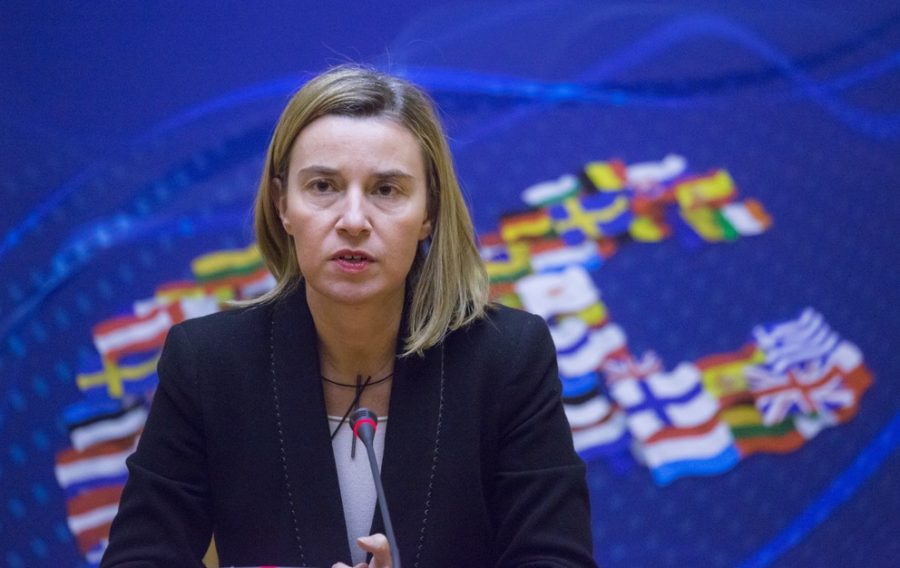
EU should have a commissioner dedicated to defence and security to ease pressure on foreign policy Chief, according to new report.
A report on setting up a European Defence Union, suggests the EU should have a commissioner dedicated to defence and security, to ease the burden on foreign policy Chief Federica Mogherini.
Urmas Paet, an Estonian liberal MEP, told reporters in Brussels: “I am clearly convinced that in the European Commission there should be a special commissioner on defence and security.
“She is doing everything, the whole world, all the foreign policy, all the conflicts, all the defence, security and so on.”
Paet said Mogherini was overstretched with too many portfolios.
If the report it adopted next week, it will have a significant effect on the Parliament’s political direction in terms of defence and security for years to come.
Paet, who is also Estonia’s former minister of foreign affairs, says the new commissioner post is not explicit in his report but is rather understood in terms of the broader security context.
The ambition behind the report, he says, is to give “some content” to a European defence and security cooperation.
The idea is to boost defence spending, shore up research, and break down administrative barriers when it comes to things like moving troops across EU states.
Earlier this week, EU foreign and defence ministers begun laying the foundations for the creation of a mini military HQ and joint-rapid reaction forces.
Following the US presidential election of Donald Trump, Germany’s defence minister Ursula von der Leyen had also urged for greater EU defence integration. Mogherini made similar comments.
Recent and more regular incidents of terrorism have led to the major shift towards strengthening European Defence.
In terms of obstacles to overcome, Paet said: “European cooperation defence with Europe should go hand in hand with budget, it should go hand in hand with the next multi-annual financial framework, otherwise not much will happen.”
EU states will also have to dig deep to budget at least 2 percent of their respective GDPs to Nato.
As part of three pilot projects launched thus month, the defence industry was granted direct access to the EU budget.
The EU Commission and the European Defence Agency signed the grant agreements to finance the projects overseen by the defence industry in late October.
EDA chief Jorge Domecq described the agreement as “a new chapter in the way defence research can be funded in Europe”.
One of projects includes creating “unmanned heterogeneous swarm of sensor platforms.”
Another aims to use miniaturised sensors to improve a soldiers awareness and navigation in a building.
Photo of Federica Mogherini courtesy of Federica Mogherini
If you would like to join our community and read more articles like this then please click here







